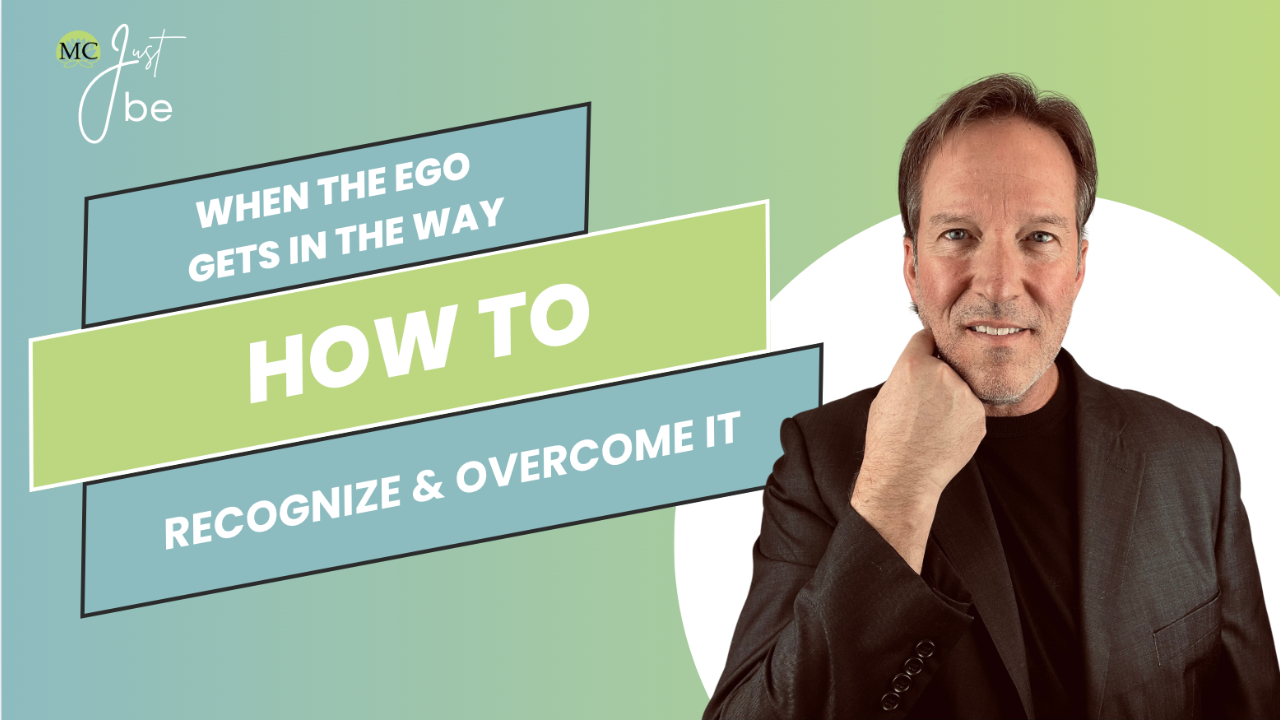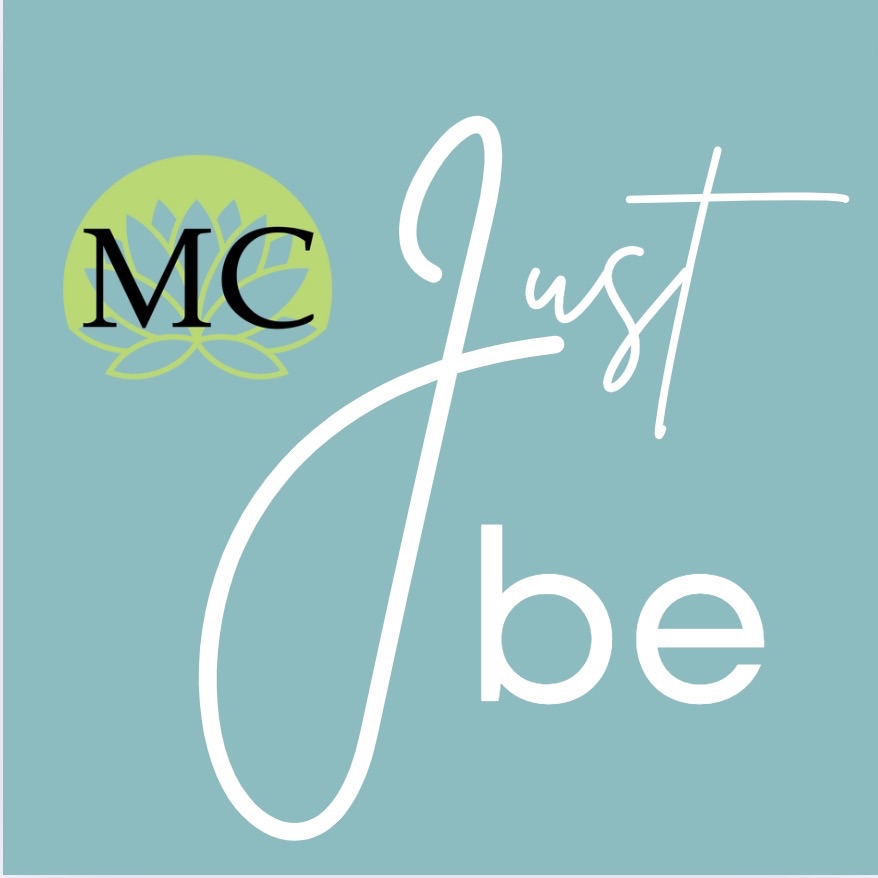When the Ego Gets in the Way: How to Recognize and Overcome It

In many aspects of life, from relationships to careers, ego can be both a motivator and a barrier. While a healthy ego helps us define our sense of self, gives us confidence, and pushes us to succeed, an overinflated or defensive ego often gets in the way of personal growth, effective communication, and connection with others.
In this blog, we’ll explore what happens when ego gets in the way, how it manifests in our daily lives, and what we can do to manage it for a more fulfilling and harmonious experience.
What Happens When the Ego Gets in the Way?
When the ego takes over, it shifts the focus from what’s important—growth, understanding, and connection—to self-protection, control, and validation. Ego-driven behaviors can create unnecessary conflict, limit opportunities, and damage relationships. Here are some common signs that ego is getting in the way:
1. Defensiveness During Feedback
One of the most common ways the ego manifests is through defensiveness. When we receive feedback—whether it's constructive criticism or a suggestion for improvement—the ego often perceives it as an attack on our self-worth. Instead of considering the feedback and using it as an opportunity to grow, we immediately become defensive, justifying our actions or dismissing the other person's perspective.
This defensiveness blocks the chance to learn and improve. Whether in the workplace or personal relationships, people who struggle to accept feedback often miss valuable opportunities for development.
2. The Need to Always Be Right
Another hallmark of ego-driven behavior is the constant need to prove that you are right. Whether it’s during a disagreement with a friend, a partner, or a colleague, someone ruled by their ego will prioritize winning the argument over resolving the issue or understanding the other person’s point of view. This often leads to drawn-out conflicts that could easily be avoided with compromise or empathy.
- Outcome: Relationships suffer because the ego makes collaboration and compromise nearly impossible. Instead of focusing on mutual understanding, the person prioritizes their own victory, which creates distance and frustration in relationships.
3. Fear of Vulnerability
Ego and vulnerability are like oil and water—they don’t mix well. When the ego is in control, it resists vulnerability because it equates it with weakness or failure. Vulnerability, however, is necessary for building trust and meaningful connections with others. In relationships, if you’re constantly protecting yourself from being vulnerable, you prevent deeper intimacy from developing.
This fear of vulnerability shows up as:
- Avoiding difficult conversations
- Keeping emotional distance from others
- Hiding insecurities instead of addressing them
The irony is that by avoiding vulnerability, we actually weaken our relationships and create more isolation.
4. Refusing to Admit Mistakes
Everyone makes mistakes, but the ego has a hard time accepting this fact. When ego-driven people make mistakes, they either refuse to acknowledge them or blame others to protect their self-image. This unwillingness to take responsibility creates tension in relationships and damages trust. It also prevents personal growth because without recognizing our mistakes, we can't learn from them.
- Outcome: An inability to admit mistakes often leads to repeating the same errors and alienating others who may see us as unaccountable or untrustworthy.
5. Constant Comparison to Others
An unchecked ego thrives on comparison. It constantly seeks validation by comparing your success, appearance, or abilities to others. This not only creates a toxic cycle of envy and dissatisfaction but also erodes self-esteem over time. When you're always measuring yourself against others, there's little room to appreciate your own journey or progress.
- Outcome: This constant comparison leads to feelings of inadequacy or superiority, both of which can be damaging to your self-esteem and relationships with others.
How the Ego Affects Relationships
When the ego gets in the way, relationships—whether romantic, familial, or professional—often suffer the most. Here are some of the most common ways ego negatively impacts relationships:
1. Lack of Empathy
When the ego dominates a person’s mindset, they often struggle to put themselves in someone else’s shoes. Instead of considering how their words or actions affect others, they focus on their own needs and perceptions. This lack of empathy can create emotional distance, making it difficult to build deep, meaningful connections.
2. Emotional Walls
As mentioned earlier, the ego makes it hard to be vulnerable, which is crucial in any close relationship. If one partner is constantly guarding their emotions and refusing to be open, the relationship can stagnate. Emotional intimacy requires mutual trust and openness, both of which the ego resists.
3. Unresolved Conflicts
Ego-driven individuals tend to prioritize being right over resolving conflicts. They often refuse to back down, even if it means prolonging arguments unnecessarily. This stubbornness prevents issues from being resolved and can lead to chronic conflict, which erodes the foundation of a healthy relationship.
Recognizing When Ego Is Getting in the Way
The first step in overcoming ego is to recognize when it’s causing problems. Here are a few questions to ask yourself to assess whether your ego is getting in the way:
- Do I often feel the need to prove that I am right, even in minor disagreements?
- Do I resist admitting when I am wrong or avoid taking responsibility for mistakes?
- Do I struggle to accept constructive criticism or feedback from others?
- Do I often compare myself to others and feel dissatisfied as a result?
- Am I afraid to show vulnerability or let others see my weaknesses?
If you answered "yes" to several of these questions, ego may be influencing your behavior in ways that are limiting your personal growth and damaging your relationships.
How to Overcome Ego and Create Better Connections
While the ego is a natural part of being human, learning how to manage it can lead to more fulfilling relationships and a greater sense of peace and happiness. Here are some strategies for overcoming ego:
1. Practice Mindfulness
Mindfulness is a powerful tool for managing ego because it helps you become aware of your thoughts and reactions without judgment. By practicing mindfulness, you can start to notice when your ego is taking over—whether it’s during a disagreement, while receiving feedback, or when you feel defensive. Once you’re aware of your ego’s influence, you can make more conscious, thoughtful decisions about how to respond.
2. Embrace Vulnerability
Vulnerability is not a sign of weakness; it’s a strength. It allows you to connect with others on a deeper level and build trust. Embrace vulnerability by being open about your feelings, admitting your mistakes, and allowing yourself to be seen for who you truly are.
3. Cultivate Humility
Humility is the antidote to an overinflated ego. Being humble doesn’t mean devaluing yourself; it means recognizing that you’re not perfect, and that’s okay. Cultivating humility allows you to accept feedback, admit when you’re wrong, and stay open to learning and growth.
4. Focus on Collaboration, Not Competition
Instead of constantly comparing yourself to others or needing to be right, focus on collaboration. In relationships, work as a team to solve problems and communicate openly. Collaboration fosters connection and understanding, while competition fuels resentment and distance.
5. Seek Feedback Regularly
Actively seek feedback from others to keep your ego in check. This can help you become more self-aware and allow you to learn from others’ perspectives. Remember, feedback is not an attack—it’s an opportunity to grow.
Final Thoughts: Ego and the Path to Growth
The Ego is a natural part of who we are, but when it gets in the way, it can create barriers to personal growth, meaningful connections, and overall happiness. By recognizing when ego is interfering and taking steps to manage it, we can live more balanced, authentic lives.
Instead of letting ego control your actions, choose vulnerability, empathy, and humility. This will not only improve your relationships but also open the door to personal growth and fulfillment.
Productivity insights delivered to your inbox each week.
No spam. Just helpful tips to make you more productive.
